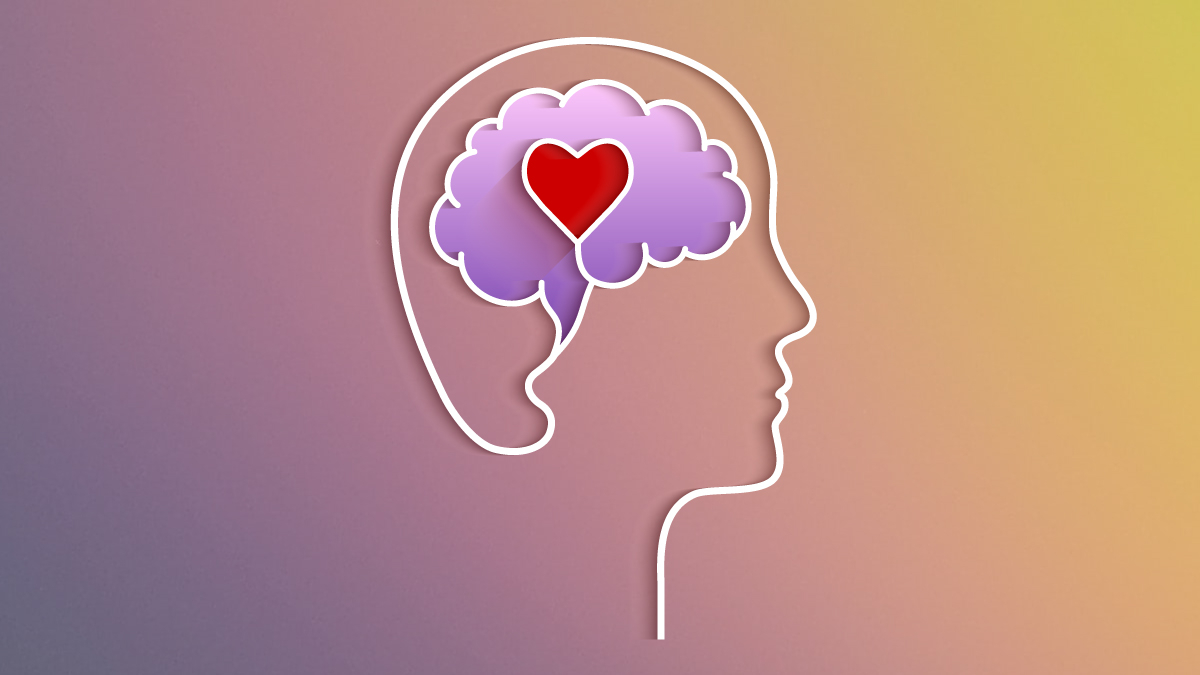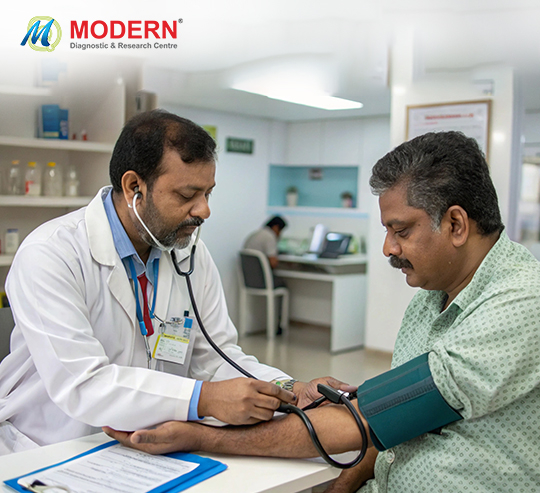Mental health is the wellness of body, mind, and soul. It is about how you think and regulate your emotions and behave under certain circumstances and emotional changes. Mental health is the well-being of the mind when experiencing a significant disturbance. Mental disorders or suffering of a person become visible when changes in thinking, how we feel, or our emotional vulnerability cause distress and disrupt our ability to function.
Mental health disorders may affect our lives in various ways; a few of them are as follows:
• It changes your personal life and your relationship with your family.
• Changes your performance in school and work space.
• Changes in your functioning in a social setting.
• It affects your intelligence and learning levels for your expected age
• Social anxiety and participation in such social activities
Cultural norms the burden of society and pressure expectations from inside our family also play a vital role in shaping your mental health. Having said that, there is no scale to measure these norms that when does it become disruptive and when a behavior is normal. It is a bit hard to conclude as what might be normal in a society or culture may be a serious concern in another society and culture.
International National Classification (ICD) from the world health organization is a commonly used diagnostic guideline for various diseases and disorders including mental health disorders. It explains the sign and symptoms of several hundred diseases. Some of the commonly known symptoms of mental health disorders are anxiety, depression, eating disorder, schizophrenia and post-traumatic stress disorder. Diagnosis is based on the duration, nature, and impact of signs and symptoms. It also gives an idea of risk factors, course of disorder, and common co-existing conditions.
How do healthcare professionals diagnose mental health disorders?
Mental health disorder diagnosis is done by a psychiatrist, psychologist or other mental health professionals. Diagnosis may be done on the following grounds:
• Medical history in you or your family suffered from mental health disorders or suffered from anxiety and depression.
• A physical checkup to rule out chances of a condition that may be causing the symptoms.
• Session with you to discuss how you are feeling and current concerns or traumatic relationship, trauma from the past, or loss of a friend or close one.
• History of trauma, family crisis, or such major life events.
Evaluation and treatment needed:
Mental health conditions have their sign and symptoms. You need to consult a healthcare professional if you experience the following:
• Change in your personality and eating disorder or a difficulty sleeping at night.
• Inability to cope with the pressure of your day-to-day life.
• Disconnected from friends and family and withdrawal from normal Activities.
• Suiciding thoughts and harming statements.
• Extreme mood swings, sadness, depression, and apathy.
• A lot of anger issues, hostility, and violent behavior.
Many people who have been suffering the mental health conditions, neglect the signs and symptoms of it as they don’t want to accept it or avoid treatment out of shame or fear. If you have some concern about mental health wellbeing, don’t hesitate to seek help and meet with a professional to discuss your concerns.
Consult a psychologist, psychiatrist, or other mental health professional who is familiar with your culture and has a similar social background so that he can explain the cultural and social context relevance to your experience and can relate to you for a better understanding of your case. Get proper treatment, such as medication and counseling.
Self-care is a form of self-love by which cultivate a deeper connection with ourselves. Here are some tips that help build a harmonious relationship between mind and body.
Meditation: Dedicate a few minutes to yourself each morning to meditate, just go through your thoughts. Find a peaceful and quiet place, focus on your breath, and settle the chaos inside your mind, allow your mind to focus and observe your thoughts without judgment.
Diet: Nutritious food that energizes you. Prioritize a balanced diet rich in vegetables, fruits, fiber, protein, and whole grains. it can promote a good relationship with food and enhance digestive health.
Exercise: Regular 30 minutes of physical exercise brings joy and a sense of satisfaction. You can choose yoga, dancing, hiking cycling, and any other physical activity which you can enjoy.
Sleep: A Proper 7 to 8 hours of sleep helps refresh you and your thoughts charge and activate you for the all day.

















